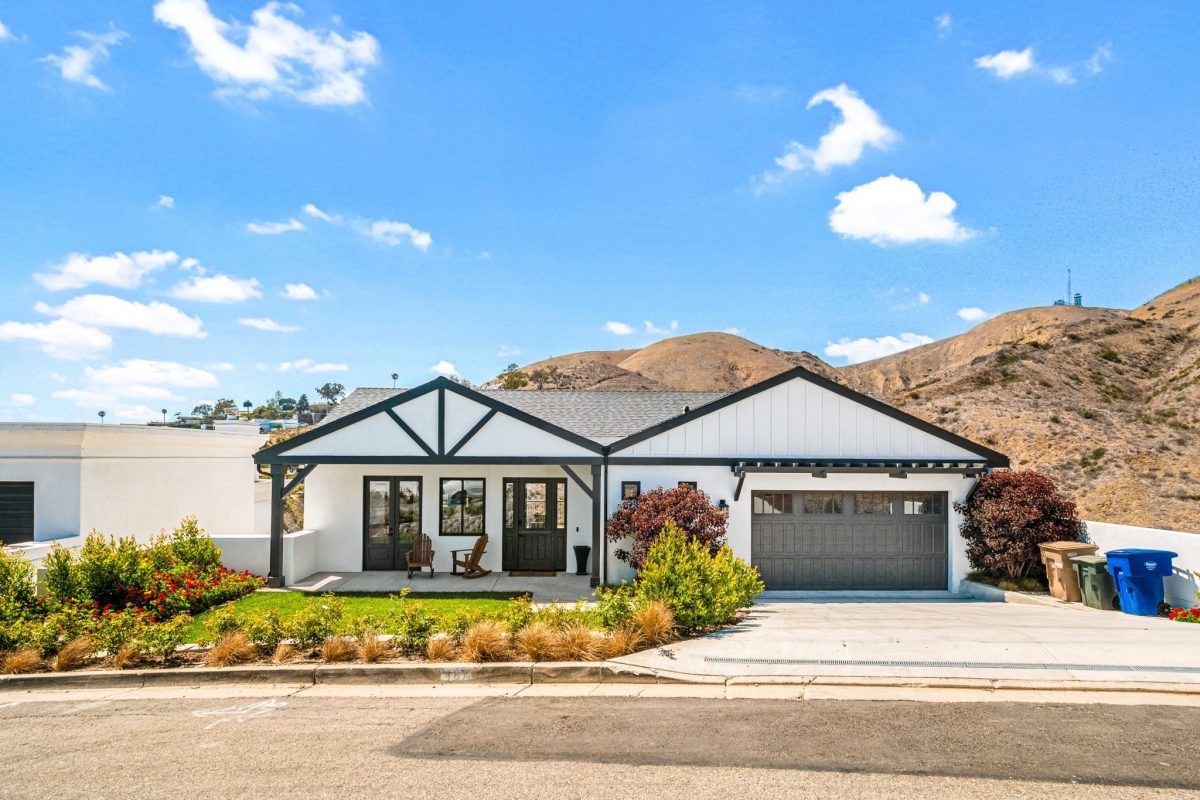Vacasa’s First Employee Steps Down From the Board: How She Sees the Company Now

Skift Take
Few people know Vacasa like Kimberly White does. In 2010, she became Vacasa’s first employee after having been a housekeeper for founder Eric Breon. In 2023, Breon left the company, but as a major shareholder, was able to appoint her as a board member.
Last week, White stepped down from the board after Breon sold Vacasa shares that brought his holdings below the 10% ownership threshold.
“From my end, I offered the board deeply embedded industry insights from living hospitality for so long and being the first person ever hired there,” White told Skift. “So I think it's a loss to the board to not have continuity. It's a loss for the board and the management team because they had someone who
